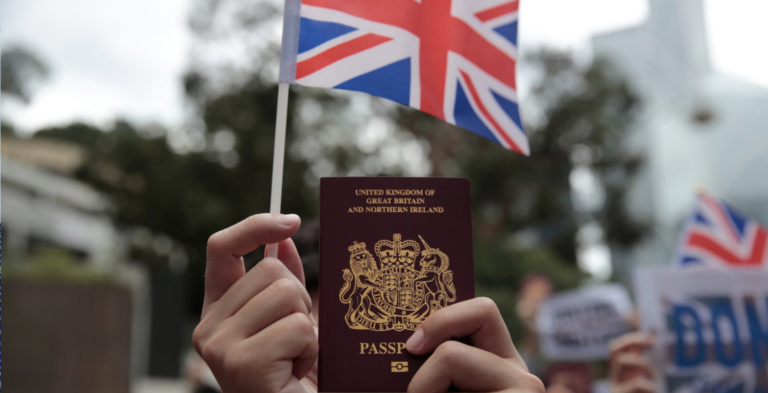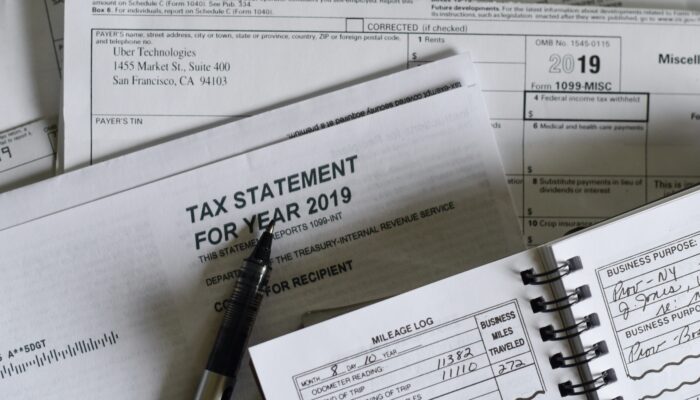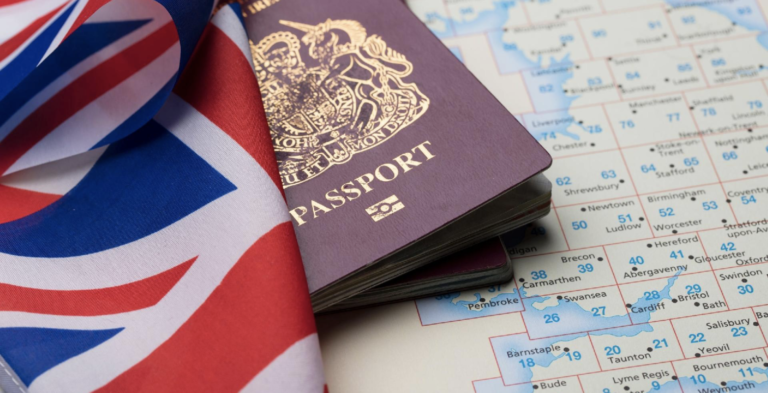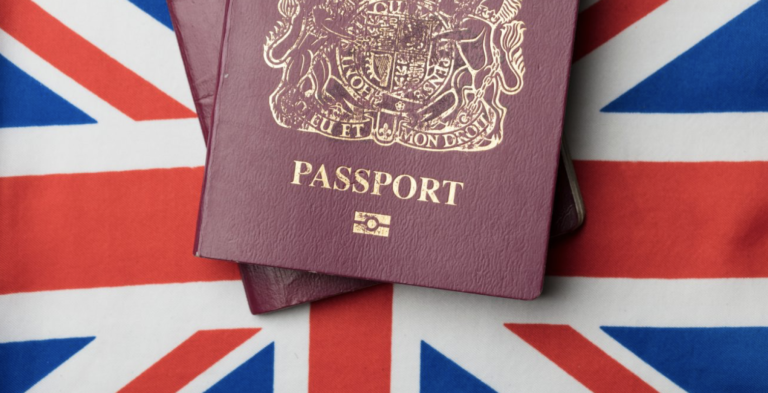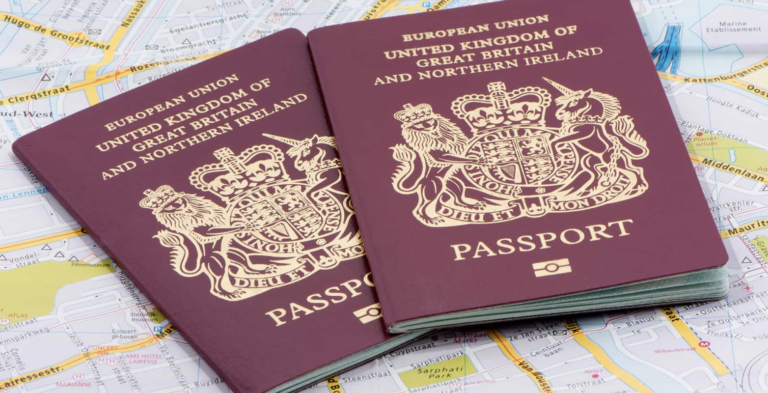British Citizenship by Birth
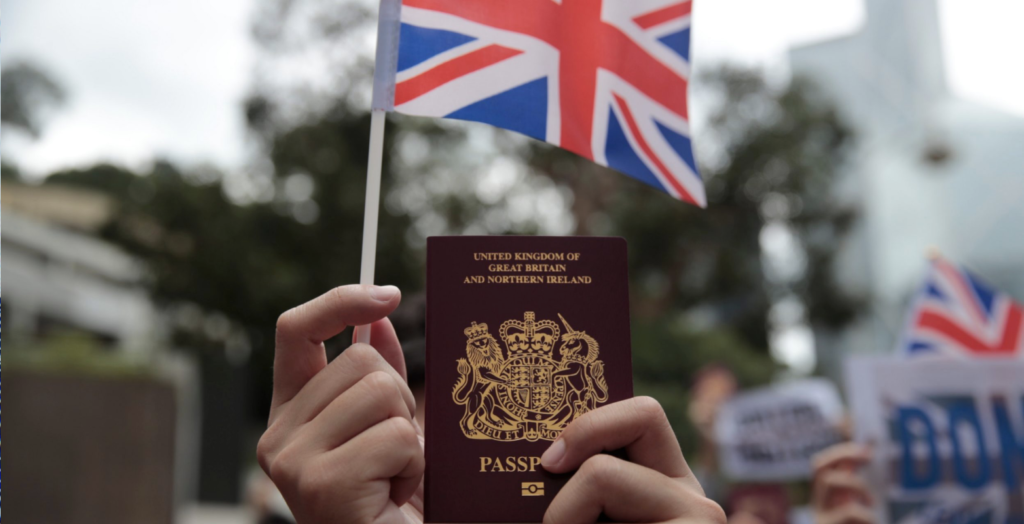
The law on British citizenship can be very challenging, and how exactly a person can become a British citizen is determined by many factors.
What is my nationality if I was born in the UK?
You may wonder – if you are born in the UK, are you a citizen automatically, and can you acquire nationality by birth? Prior to 1983, being born in the UK automatically made a person a British citizen by birthright. However, nowadays, the rights of those born in the UK have become more restricted.
If one or both of your parents are British citizens or have ILR at the time of your birth, you immediately acquire British citizenship upon birth. ILR (Indefinite Leave to Remain), also called “settlement” is a status which allows a person to reside in the UK without any restrictions.
What happens when a baby is born in the UK to parents without British citizenship or ILR? In these circumstances, the child will not have British citizenship at the time of their birth, but could potentially register as a British citizen later. Obtaining citizenship can sometimes be complex and necessitates a thorough analysis of several factors, such as the parents’ nationality, status and circumstances.
Please note that the rules and conditions may change and that each person’s situation is unique. It is always advisable to consult with an expert if you have any questions or concerns about your specific circumstances.
What if my baby is born outside the UK?
There are several factors that influence citizenship:
- Parents’ nationality and how this was acquired. A child may have British citizenship at birth if one or both parents are British citizens, but this depends on the way the parents acquired British citizenship. If a parent’s citizenship is “otherwise than by descent” (e.g. birth, adoption and naturalisation), their child will have British citizenship automatically, by descent, when born abroad. However, if a parent holds citizenship by descent (i.e. they themselves were born abroad and inherited citizenship from their parents), their child will not automatically be a British citizen.
- Birth year. For children born before 1 January 1983, different sets of rules apply, and their citizenship status must be assessed on a case-by-case basis according to the legislation in force at the time.
- Marital status of parents. Prior to 1 July 2006, a father could not pass on citizenship to his child if he was not married to the child’s mother.
- Gender of the relevant parent. Prior to 1 January 1983, citizenship could pass from the father to a child born within wedlock, but not from the mother. Consequently, children born abroad before this date who had only a British mother did not automatically receive British citizenship.
How to Apply for British Citizenship?
The process is not the same for everyone as it depends on a number of factors relating to you and your family.
- First, you need to determine your eligibility. The criteria vary depending on your specific circumstances.
- After that, it is necessary to obtain the essential paperwork. Typically, this includes a valid passport or another legitimate identity document, your original birth certificate, as well as proof of your parents’ citizenship or immigration status, such as their passport or immigration papers. Other documents may often be required or advantageous, for example, your parents’ marriage certificate or evidence of their UK residence. All documents must either be in English or include a certified translation.
- Once all preparations have been made, you can apply for a nationality certificate.
What to do in case of surrogacy outside the country?
The complexity of UK nationality law regarding surrogacy arises due to the varying circumstances that determine the route to citizenship.
In cases where the surrogate mother is the genetic mother, the child’s nationality is determined by her nationality, or her husband’s if she is married. However, if in vitro fertilization (IVF) is used to implant the sperm and eggs of the “commissioning couple” into the surrogate, the commissioning father’s nationality may determine the child’s nationality in some circumstances.
It is important to emphasise that, according to the Human Fertilisation and Embryology Act of 1990, the legal mother of the child at birth is always the surrogate mother.
If the “commissioning couple” obtains a parental order following the child’s birth, they may pass their British citizenship to the child.
What is the procedure in the case of adoption?
If a child is adopted in the UK, they can automatically acquire British citizenship if one of the adoptive parents is a British citizen and usually lives in the UK at the time of the adoption.
If a child is adopted overseas on or after 1 June 2003 by a parent with British citizenship who was usually living in the UK at the time, the child automatically acquires citizenship. The child gets the same rights as if he or she had just been born into that family.
It’s crucial to note that children who were adopted overseas before 1 June 2003, do not automatically have British citizenship.
Dual citizenship for children
The acquisition of dual citizenship mainly depends on the parents’ citizenship status and the nationality laws of all countries involved. Generally, a child born in the UK may be eligible for dual citizenship.
Parents should carefully explore the nationality laws of both countries and weigh the pros and cons before deciding on dual citizenship for their children.
The registration fee
The cost of registering for British citizenship is £1,214, plus an additional £19.20 for biometric information and £80 as a commission to arrange a citizenship ceremony (which is charged only from individuals aged 18 or over).
It is vital to understand that the Home Office refuses applications if they are not satisfied that all requirements are met, and achieving the desired results with the first application is crucial due to the substantial cost involved. To enhance your chances of success, it is recommended to seek professional legal guidance from experienced immigration lawyers like Sterling Law.
How to apply for a passport for my children?
Applying for a British passport for a child is a process that can appear daunting. The following steps need to be taken:
- check eligibility;
- collect required documents – gather all necessary supporting documents;
- pay the fee – £64, or £53.50 if applying online;
- fill out the passport application – complete the official passport application form for your child;
- submit your application;
- attend an interview, if required – in some cases, applicants may need to attend an interview to confirm their identity;
- wait for the UK passport to be issued.
Remember to check the official UK government website for updated information, as processes and requirements may change.
Documents required for the passport application
Applying for a British passport for a child is crucial if they plan to travel abroad, enjoy certain entitlements as a British citizen, or if their parents wish to formalize their nationality. You will need:
- application form;
- two identical, recent (within the last month) colour photographs of the child (or one digital photo is acceptable if applying online);
- proof of parent’s identity and nationality – this could include a valid passport, driver’s license, or other government-issued identification;
- child’s birth certificate. If the child was born outside the UK, additional documentation may be required to confirm the child’s eligibility for citizenship;
- proof of British citizenship, if the child’s citizenship is not evident from their birth certificate;
- parents’ marriage certificate (if applicable);
- child’s previous/other passport (if applicable);
- payment of the application fee.
In some cases, additional documentation may also be required.
How can we help?
Since nationality laws can be complex, it is essential to consult an immigration specialist to understand and navigate the process of obtaining British citizenship effectively.
Sterling Law is a large law firm that specializes in various legal services related to immigration and British citizenship. Here are some of the benefits that you can gain by contacting Sterling Law for help:
- Experience and expertise. Sterling Law has a wealth of experience in immigration law and citizenship, so they have the knowledge and skills to help you find the most effective and safe route to citizenship.
- Personalised approach. Sterling Law takes all your personal circumstances into account to find the solution that is best for you.
- Full range of services. Sterling Law provides a wide range of immigration services, from visas to citizenship. This means you can get all the legal services you need in one place.
- Support at all stages. Sterling Law will support you and your case at all stages of the citizenship process, from start to finish, providing the help and advice you need.
- Client service. Sterling Law values its clients and is committed to providing a high level of client service. We understand that the citizenship process can be very complex, so we provide a detailed and clear communication process.
Contacting a lawyer will be helpful when dealing with citizenship issues. A lawyer can advise you on the process of obtaining citizenship, help you to complete the application and submit all the necessary documents, and deal with any possible problems or disputes with state authorities.

